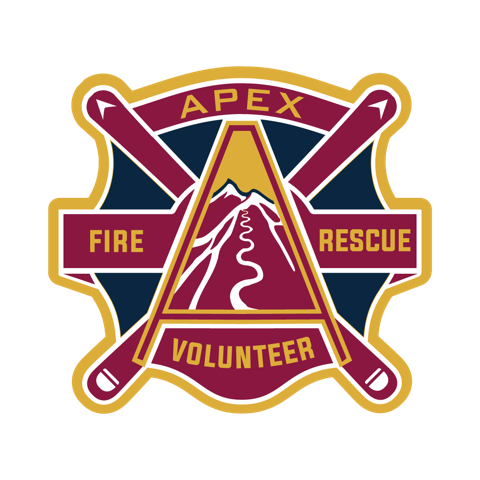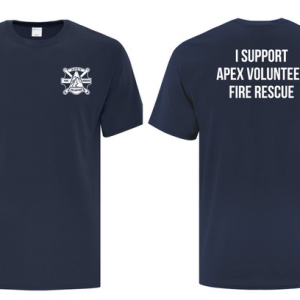Important tips to keep you, your family and home safe during the winter. If you have any questions regarding fire safety, please contact [email protected]
Christmas Tree Safety Tips
- When purchasing an artificial tree, look for the label “Fire Resistant.” Although this label does not mean the tree won’t catch fire, it does indicate the tree will resist burning and should extinguish quickly.
- When purchasing a live tree, check for freshness. A fresh tree is green; needles are hard to pull from branches and when bent between your fingers, needles do not break. The trunk butt of a fresh tree is sticky with resin, and when tapped on the ground, the tree should not lose many needles.
- When setting up a tree at home, place it away from fireplaces and radiators. Because heated rooms dry live trees out rapidly, be sure to keep the stand filled with water. Place the tree out of the way of foot traffic and do not block doorways.
- Keep the base of the tree watered by immersing it in a bucket and keeping the bucket full of water
- Dispose of the tree at the end of the holidays by signing up for our tree chipping day (date TBA). We will take care of your Christmas tree in exchange for a donation to the Apex Fire Brigade Society. Email [email protected] to sign up!
Lights & Electrical
- Indoors or outside, always use CSA approved lights. Check each set of lights, new or old, for broken or cracked sockets, frayed or bare wires, or loose connections, and throw out damaged sets.
- Use no more than three standard-size sets of lights per single extension cord.
- Fasten outdoor lights securely to trees, house walls, or other firm supports to protect the lights from wind damage. Use only insulated staples, not nails or tacks, to hold strings in place. Or, run strings of lights through hooks (available at hardware stores).
- Check your fire/carbon monoxide alarms and make sure they are in good working condition.
Decorations
- Use only non-combustible or flame-resistant materials to trim a tree. Choose tinsel or artificial icicles instead of plastic or non-leaded metals. Leaded materials are hazardous if ingested by children.
- Never use lighted candles on a tree or near other evergreens. Always use non-flammable holders, and place candles where they will not be knocked down.
- In homes with small children, take special care to avoid decorations that are sharp or breakable, keep trimmings with small removable parts out of the reach of children to avoid the child swallowing or inhaling small pieces, and avoid trimmings that resemble candy or food that may tempt a child to eat them.
Fireplaces
- Clean the ashes regularly. Do not remove fireplace embers or ash while hot, or if you do, place them in a metal container with a lid and place the container away from your home and other combustibles. Do not dispose of them indoors or close to your home, another structure, or with combustibles, or on the ground
- Never use gasoline or any other flammable liquids to start a fire.
- Never place Christmas stockings, tree branches or bows on fireplace mantles, or near heat sources.
- Use only seasoned and dried wood.
- Don’t use Christmas trees for firewood.
- It can be difficult to determine when a chimney fire begins, but there are several things you may notice: Loud, roaring noise coming from the chimney, ash and debris coming out the top of the chimney, thick, black smoke, popping and cracking noises.
- If you recognize signs of a chimney fire, close the door to your fireplace (if safe to do so) to limit oxygen intake, leave your home and call 911.
Heating
- Keep combustibles at least three-feet away from heating equipment, like the furnace, wood stove, or portable space heater.
- Have a three-foot “kid-free zone” around open fires and space heaters.
- Have heating equipment and chimneys cleaned and inspected every year by a qualified professional.
- Remember to turn portable heaters off when leaving the room or going to bed.


